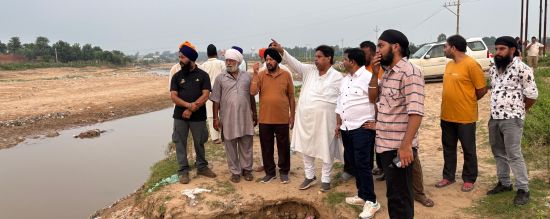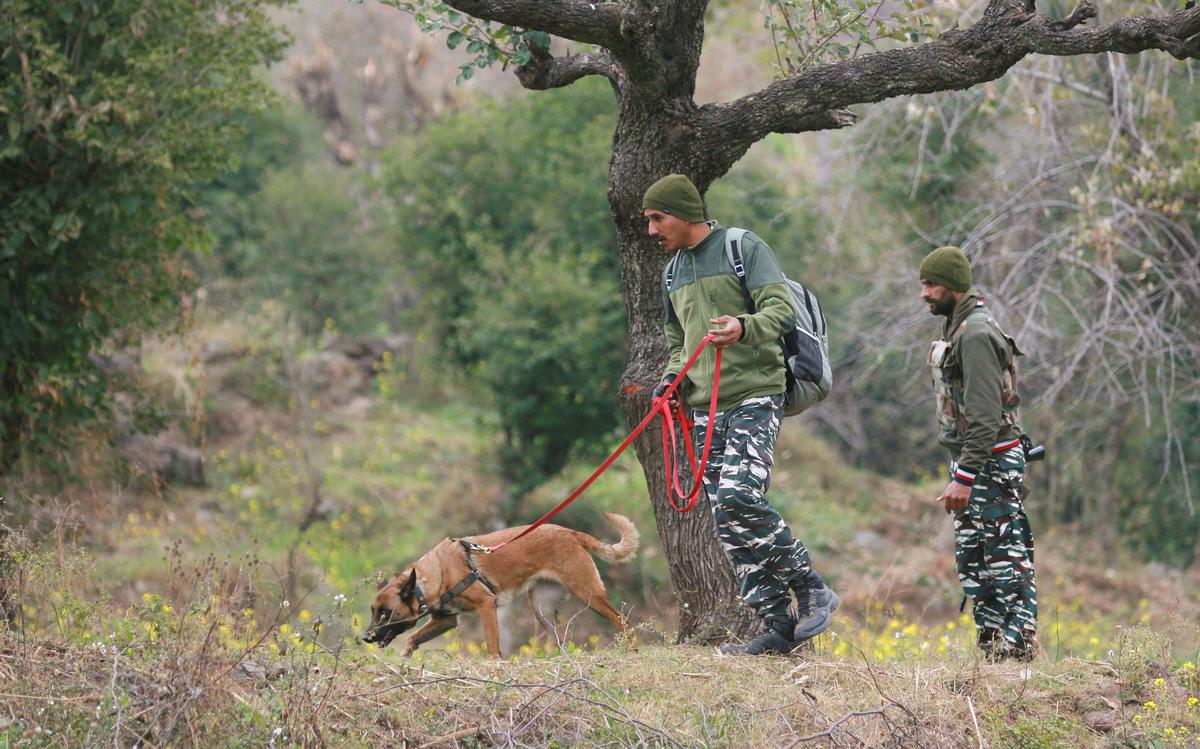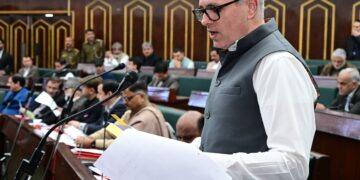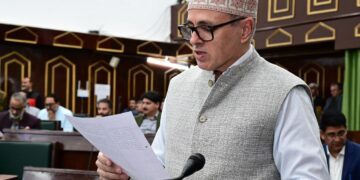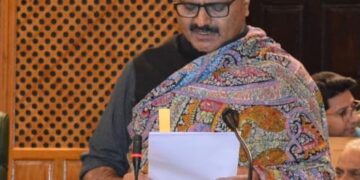Jammu: The Working President of the Jammu and Kashmir Pradesh Congress Committee (JKPCC) and former minister, Raman Bhalla, on Friday strongly condemned the administration for its consistent failure to implement flood protection measures over the last decade.
He held the authorities responsible for the large-scale loss of property and agricultural livelihoods in Jammu province, particularly in areas severely affected by the recent floods in late August.
During his visit to flood-hit villages, including Dharap, Dharap Kothey, and Shergarh in Jammu district, Bhalla interacted with distressed families and farmers whose lives and livelihoods have been devastated. He expressed grave concern at the widespread destruction, noting that hundreds of kanals of standing crops had been washed away or submerged, leaving cultivators in despair.
Bhalla was accompanied by Sarpanch Kashmir Singh, Balkar Singh, Harbans Singh, Prem Kumar, Ranjit Singh, Surjeet Singh, Dadar Singh, Shanty, Sanjay Katal, and others.
Addressing the residents, Bhalla said, “It is extremely painful to see our hardworking farmers losing their crops once again. The floods have not only damaged agricultural fields but also homes, roads, and basic infrastructure that are lifelines for rural communities. These losses were preventable, and the administration’s failure to implement flood mitigation strategies reflects a lack of foresight and commitment.”
He recalled that the floods of 2014 had served as a stark warning, yet no long-term protection plans had been enforced. “Instead of learning from past disasters, authorities have repeatedly ignored the need to strengthen riverbanks, upgrade drainage systems, and ensure timely interventions. As a result, vulnerable communities are left exposed to nature’s fury,” he remarked, regretting that no steps were taken to prevent the overflow of Balol Nullah in the affected areas.
The JKPCC leader also criticized the delay in relief and rehabilitation, pointing out that many families are still awaiting compensation and support. “People here are not asking for charity; they are demanding their right to protection and timely assistance. The government must ensure that those who have lost their livelihood are not abandoned to suffer alone,” he added.
During his tour, Bhalla inspected damaged fields, spoke with farmers, and assured them that their concerns would be raised at all platforms. He urged district and UT authorities to conduct thorough damage assessments and expedite relief packages, including financial aid, restoration of irrigation channels, and repair of access roads.
Highlighting the broader implications, he said, “Floods not only destroy crops but also erode the confidence of communities. If protective measures are not implemented in a structured manner, repeated disasters will push rural families into poverty, force migration, and further strain local economies.”
Calling for a comprehensive flood management policy, Bhalla pressed for regular maintenance of rivers and drainage channels, construction of embankments, early warning systems, and community-level awareness programmes. “It is high time the administration prioritizes disaster preparedness and works hand-in-hand with experts, engineers, and local communities to build resilient infrastructure,” he stressed.
Bhalla reaffirmed his commitment to the welfare of flood-affected families, assuring them that he would continue to press the government to act with urgency and responsibility. “The people of Jammu deserve dignity, security, and the means to rebuild their lives. Their voices cannot be ignored,” he said.

